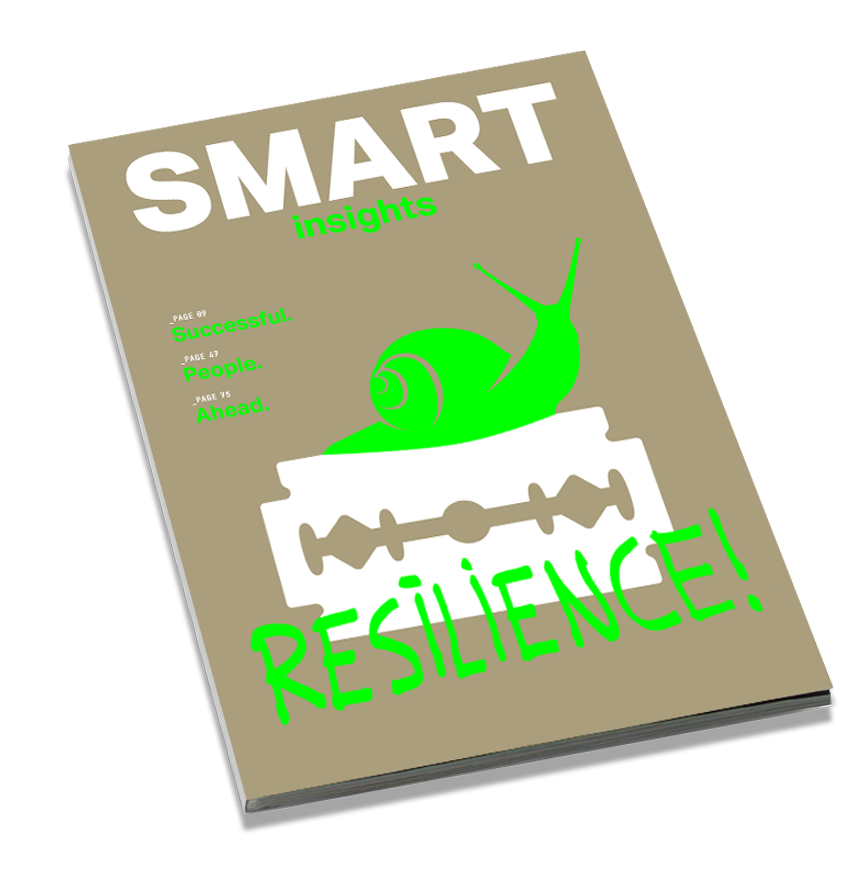This interview was part of the Ergon Magazine SMART insights 2021. Order your free copy now ->
New customer, new project, new team. Now what? When getting a group to gel, coordinators set the tone. They are calm, motivated and focused on the goal ahead, helping to ensure that everyone is able to perform to the best of their ability.
What energises you about your job?
That you're always getting to know something new. A desire to explore the unknown is somehow part of the job for a developer. It doesn't always have to be a new technology. New customers and new domains are just as interesting. I also like working on bids for new projects.
Why?
Your job is to get potential customers excited about us from the word go and to convince them that we're right for them. That's doubly hard in our business because we're not selling an object, or something like a house, so we can't say: “Look what we built!” It's highly individual and no two projects are ever exactly the same. In reality, what we're selling is a promise. A promise that says: “We’re going to do this together.”
That takes a lot of trust from the customer, doesn't it?
Certainly – and it's all the harder to establish if we are new to each other. The customer definitely has to offer an advance on that trust if we're to have a chance. Then, of course, we have to earn that trust, prove that we have the capabilities and show who we are. We have to think with the customer, ask questions, challenge and then develop that thinking. All of the things that we bring to the later project stage have to be in evidence right now – even more so, in fact. Every single interaction with the potential customer counts, whether it's in writing, by phone or in person. More than anything, that demands good planning, coordination and clear responsibilities. Customers have to feel that they are important to us and that with us they’ll achieve what they want to achieve.
"What we're selling is a promise. A promise that says: We’re going to do this together."
How does your ideal project team look?
A whole variety of different skills and personalities have to come together. You need someone focusing on keeping everything running, getting everything done and keeping an eye on tasks and deadlines - someone who’ll chase people if necessary. And someone who’s a motivator. They have a certain passion for content, keep reminding people of the goal and have an infectious enthusiasm. They don't necessarily have to be different people but they're the characteristics that you need. Work-wise, it's important to have a mix of conceptually strong thinkers and enough implementers with the will and the way to finish what we started and bring the project in.
You said that motivation is a major driver. How do you motivate your own team and ensure that everyone stays engaged?
The motivation has to be intrinsic. I’m convinced that part of the motivation in IT is exploring the unknown. It's working with new customers, learning new things and the technical solution we offer. I think that motivates us all, not to mention the shared goal that we’re all working towards.
To me it's also important to have a certain organisational framework. I try to create fixed points of reference for projects that not everyone is working on 100% of the time because they're off doing other projects. That means that for a couple of days a week we're all working on the same thing at the same time – a team for those two days, rather than five. But when we're not together, there's still the team feeling that's so crucial to our success.
This interview is part of the series "Unsung heroes" in SMART insights 2021. You can find an overview with all interviews here.
Interested in more?
Digitisation projects
Change makers
Tech trends
Order now
